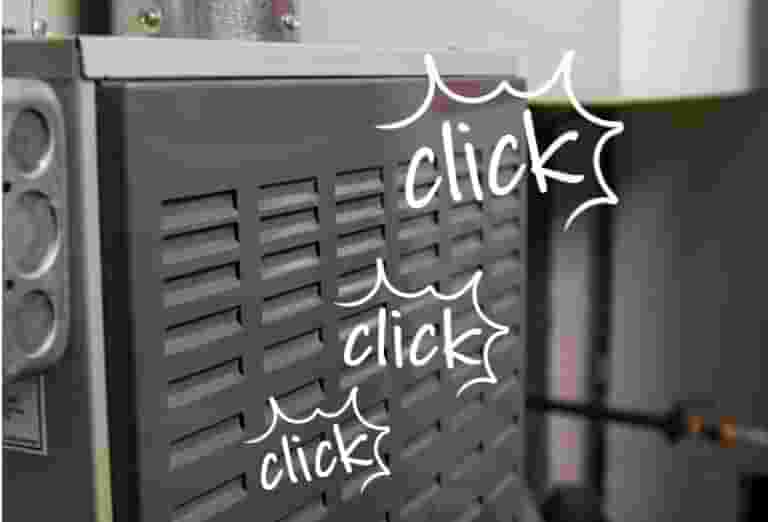All Mr. Handyman franchises are locally owned and operated and may offer fewer or more services than those listed here. To learn more about the Window Cleaning Services offered in your area, contact your local Mr. Handyman for details or a customized on-site assessment.
Window Cleaning FAQs
Mr. Handyman has been helping homeowners repair, maintain, and enhance their spaces for over 25 years! We are the one-stop solution for everything on your to-do list and are happy to answer your questions about home repairs, maintenance, and improvements. Here are answers to some of your most frequently asked questions for window cleaning services.
How often should I clean my windows?
A good general rule of thumb is to wash your windows twice a year, if not seasonally. Outside of cleaning obvious water stains, smudges, and smears, when pollen makes a mess of your windows in the spring and summer, it’s a good time to give them a good wash.
What is the best thing to use to clean windows?
When you want sparkling, clean windows without too much work, the right products and tools are essential. For best results, opt to clean your windows on a cloudy day and let the different DIY window cleaner options cut through buildup and grime.
- Vinegar and water solution: Combine equal parts distilled white vinegar and water in a spray bottle. Add a few drops of dish soap for extra cleaning power.
- Rubbing alcohol and vinegar solution: Combine 1 cup of rubbing alcohol, 1 cup of water, and 1 tablespoon of vinegar in a spray bottle to remove sticky residue and enjoy a spotless finish.
- Dish soap and water solution: Add a few drops of mild dish soap to a bucket of warm water for windows that haven’t been cleaned in a while.
A lint-free microfiber cloth or crumpled newspaper are both ideal for scrubbing away dirt without leaving fibers or streaks. Spray your window cleaner onto the window instead of the cloth for the best results. You can achieve similar results with a squeegee if you're cleaning numerous windows.
Is vinegar and liquid dish soap good for cleaning windows?
Yes, you can use vinegar and liquid dish soap to clean windows. This formula is especially useful if the windows have a lot of buildup. The acid in vinegar cuts through grime and hard water stains while the dish soap breaks down buildup.
Simply mix equal parts water and white vinegar in a spray bottle and add a few drops of dish soap. Spray the window cleaning solution on the glass and use a microfiber cloth to clean from the top down. A liquid dish soap and vinegar solution is also handy for cleaning the window sill and frame.
Are professional cleaners worth it?
Absolutely. A window cleaning professional has all the tools to clean your windows inside and out, saving you time.
Cleaning windows takes skill and patience and can be a dangerous project, particularly when cleaning outside windows that are not on the ground floor. A professional window cleaning service delivers a streak-free finish that enhances your home's looks and comfort. Professional window cleaners can also help protect your home by identifying window damage that could compromise your window's efficiency. Failing caulk, cracked glass, and other damage are often easier to repair when discovered early.
What is the best time of the year to wash windows?
The best time of year to clean your windows is spring or fall when the weather is mild. Cleaning windows in summer, especially on a sunny day, is more strenuous and can leave streaks behind. Cleaning windows in winter can be impractical and result in a less-than-ideal shine. The ideal time for cleaning windows is when the temperature is around 60 to 75 degrees Fahrenheit and the sky is cloudy.
 Click to call
Click to call

 Click to call
Click to call
